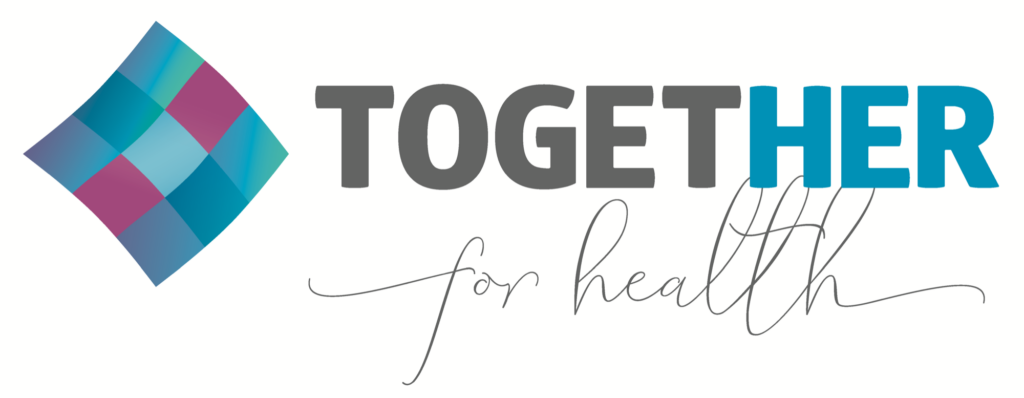Shared Challenges, Shared Solutions: World AIDS Day 2022
December 1, 2022
On World AIDS Day – December 1st – the world takes stock of progress in the battle against HIV and AIDS, commemorating the millions lost, celebrating the progress made in the forty years since the onset of this global epidemic, and demanding continued action to safeguard the health of people living with HIV and those at highest risk.
As advocates for cervical cancer elimination, we’re deeply attuned to the tragic connection between these two preventable diseases. Cervical cancer is an AIDS-defining illness and the most common cancer globally among women living with HIV, who are six times more likely to be diagnosed with cervical cancer than their HIV-negative peers.
Also, many of the non-biological risk factors that continue to drive the spread of HIV and AIDS – including community stigma, discrimination, gender-based violence, and inadequate access to services – also stand in the way of cervical cancer prevention efforts.
But, where there are shared challenges there are also shared solutions. Integrating cervical cancer vaccination, screening, and treatment into HIV prevention and AIDS treatment programs is both an efficient and effective means of tackling these twin killers of women.
The most notable example of this can be seen through the Go Further program, a public-private partnership expanding cervical cancer screening for women living with HIV through the U.S. President’s Emergency Plan for AIDS Relief (PEPFAR) with support from the George W. Bush Institute, the Joint United Nations Programme on HIV/AIDS (UNAIDS), Merck, and Roche.
Since its launch in 2018, Go Further has provided women living with HIV in Sub-Saharan Africa with almost 4.5 million cervical cancer screenings, 82% of which represented a woman’s first-ever screening. In four short years, Go Further’s impact has been nothing short of inspirational.
Another brilliant example of aligning HIV/AIDS and cervical cancer prevention programming is the SUCCESS collaboration funded through Unitaid and implemented by Expertise France, TogetHER’s member Jhpiego, and the Union for International Cancer Control (UICC). SUCCESS is introducing and promoting the best available screen-and-treat tools to prevent cancer in women most at risk, especially those living with HIV.
Alongside an innovative partnership with the Clinton Health Access Initiative driving down screening and treatment costs, Unitaid-funded programs are scaling up cervical cancer prevention services at a pace putting them ahead of schedule to meet the World Health Organization’s 2030 cervical cancer elimination targets. That’s fantastic news for women living with HIV.
The challenge of this two-front battle is daunting, but the combination of effective prevention and strong leadership can drive unprecedented results. Modeling shows that even in South Africa, another country with high burdens of both HIV/AIDS and cervical cancer, eliminating cervical cancer in the country is absolutely possible.
Indeed, countries most affected by both diseases are driving forward solutions to scale up integrated services to reach women at highest risk. Progress is being made, but there is much more to be done.
In her forward to this year’s World AID Day Report, UNAIDS Executive Director Winnie Byanyima made a global call to action to renew their focus on addressing the global HIV and AIDS epidemic: “What world leaders need to do is crystal clear. In one word: Equalize. Equalize access to rights, equalize access to services, equalize access to the best science and medicine.”
These words are just as pertinent to those of us striving to end cervical cancer. Let’s heed this call to action and realize a world without HIV/AIDS and cervical cancer.
Header graphic courtesy of UNAIDS
